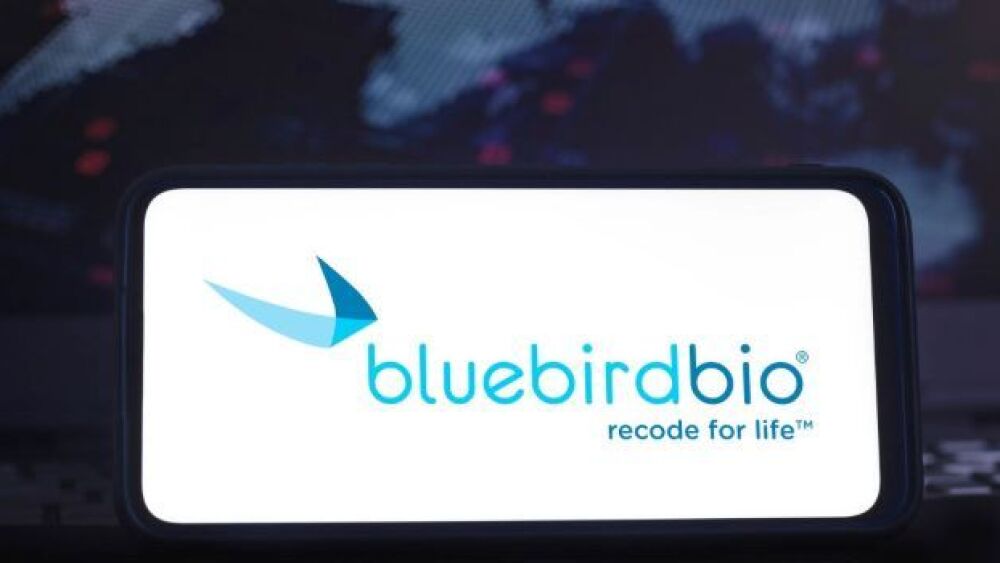The FDA has granted Cambridge-based bluebird Bio a Priority Review of its Biologics License Application for betibeglogene autotemcel (beti-cel).
Rafael Henrique/SOPA Images/LightRocket via Getty Images
For a patient facing a lifetime of monthly blood transfusions to keep their genetic disease under control, a one-time treatment sounds like a dream. Bluebird bio intends to do just that by next year.
The FDA has granted the Cambridge biotech a Priority Review of its Biologics License Application for betibeglogene autotemcel (beti-cel). The agency created the priority review designation to promise a goal action date within six months of receiving the application, compared to the average 10 months. This means bluebird’s beti-cel has a goal date of May 20, 2022.
Beti-cel is a one-time gene therapy for adults, adolescents and children with β-thalassemia who require regular red blood cell transfusions. The 4- to 7-hour transfusions every three to four weeks, plus iron chelation therapy, are currently the standard of care for these patients. While these treatments have improved the lifespan of afflicted individuals by temporarily relieving their severe anemia, adherence to the protocol is lifelong and sometimes disregarded due to tolerability.
“beti-cel works uniquely to help patients produce adult hemoglobin at normal or near-normal levels, which can eliminate their need for chronic transfusions and chelation that only temporarily relieve the symptoms of anemia and are associated with serious health risks and reduced quality of life,” said Anne-Virginie Eggimann, chief regulatory officer, bluebird bio.
In Phase III studies of beti-cel, 89% of patients across all ages and genotypes achieved transfusion independence, which means no RBC transfusions needed for at least 12 months. The FDA had already granted the drug Orphan Drug status and Breakthrough Therapy designations.
bluebird’s recently appointed CEO Andrew Obenshain sees this drug as a critical milestone for the newly independent severe genetic disease company. Just this month, bluebird spun off its oncology programs into a new business entity, dubbed 2seventy bio. 2seventy bio took with it the only FDA-approved drug bluebird had in the portfolio, as well as most of its C-suite.
Obenshain has a big job ahead of him as the company lost more than $2.5 billion in market capitalization since announcing the company split in January. He’s laser-focused on launching beti-cel for β-thalassemia in the U.S., as well as continuing to push bluebird’s gene therapy for sickle cell disease uphill. The sickle cell program had been placed on an FDA-mandated hold that was lifted this summer.
Manufacturing capability has been a lynchpin to bluebird’s winning of the FDA’s confidence. Their gene therapies are like a bespoke suit, tailored to each patient. That makes manufacturing at scale particularly challenging. Currently outsourcing its manufacturing, Obenshain said the team is looking to improve the gene therapy process by eliminating the chemo requirement of most gene therapies and moving from ex vivo cell processing to in vivo (inside the body).
Bringing gene therapies to the market is a massive undertaking. bluebird’s East Coast neighbor REGENXBIO is ready to try its hand at one-time gene therapy for Duchenne muscular dystrophy. The FDA has granted Orphan Drug Designation to RGX-202, a therapy designed to restore coding for dystrophin expression to protect muscle fibers from contraction-induced damage.
REGENXBIO has plans to submit an IND to the FDA by the end of the year. It’s already geared up its internal cGMP facility to run with the production of the drug.






